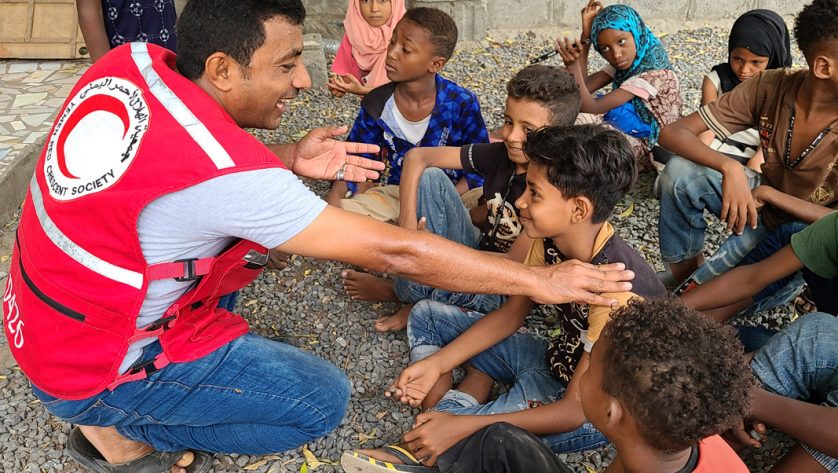RCRC: In your opinion what are the main challenges faced by these migrants coming into Colombia?
The main challenge is finding a job, and also getting medical attention. Another challenge is renting a place to live.
It has been difficult for migrants to find a place to live because in some cases, when they do manage to rent an apartment, they invite others to stay in the same place to reduce costs, and that creates overcrowding, something landlords do not like.
In terms of health, the situation in Colombia is that the government only gives migrants free access to emergency care. You need to be a permanent resident of Colombia to get access to specialized medicine.
At the Red Cross, we are trying to provide some preventive medical care to migrants, although our ability to provide specialized medical care is limited. Specialized care is very expensive so its very hard for us to provide that.
RCRC: What direction do you think the Red Cross’s work with migrants will take?
In September, we started on a project within the IFRC’s emergency appeal which includes the creation of eight health clinics, where migrants will be able to get medical services, including some health exams. We have also deployed three mobile health stations, and are looking to deploy more.
This is important because, in some cases, migrants are afraid to go to a hospital. In other places, it’s because they feel exposed. So we take these mobile health stations to vulnerable neighborhoods where we know there is a large concentration of migrants, and there we treat migrants and Colombian nationals equally.
RCRC: Migration is often described as a south-to-north phenomenon. But by far the largest number of people who are moving in the world are moving north-to-south, east west, in both the Americas, Africa and Asia. Is the global discussion about migration out of balance?
Yes, we are indeed seeing that there is more media coverage of south-to-north migration. But at least in Colombia, we have had lots of visits recently from important leaders of international organizations that have given our situation more visibility.
Of course you can always do more to gain visibility. In our case in particular, you see a lot of coverage of what happens along the main border crossing, but you don’t see so much about what is happening in the illegal border crossings that people are forced to use when they don’t have proper documentation.
The restrictions imposed by governments have forced more migrants to use these illegal crossings, run by criminal groups, and this puts their safety at risk. These migrants have huge needs and they are going to continue to try to get into Colombia and other South American countries, however they can.
 Red Cross Red Crescent magazine
Red Cross Red Crescent magazine 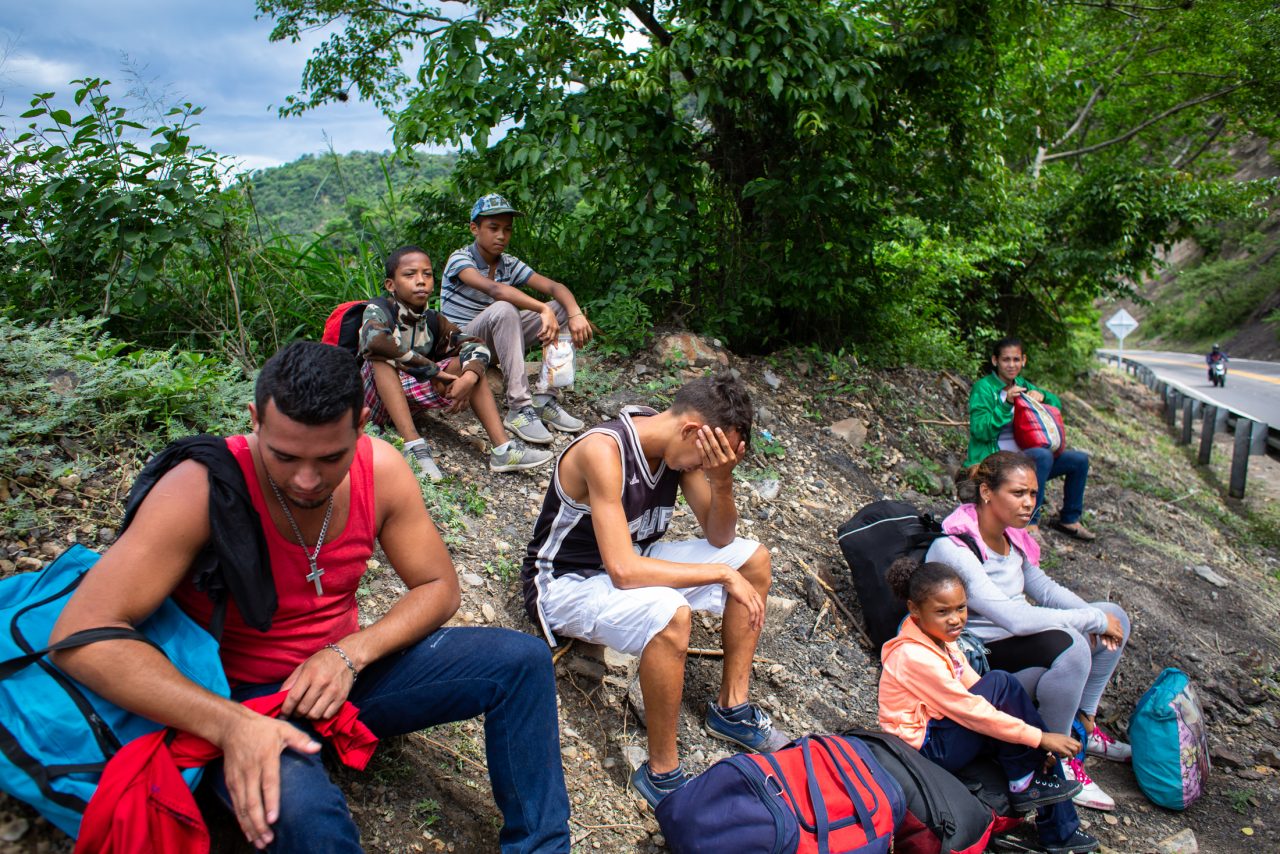
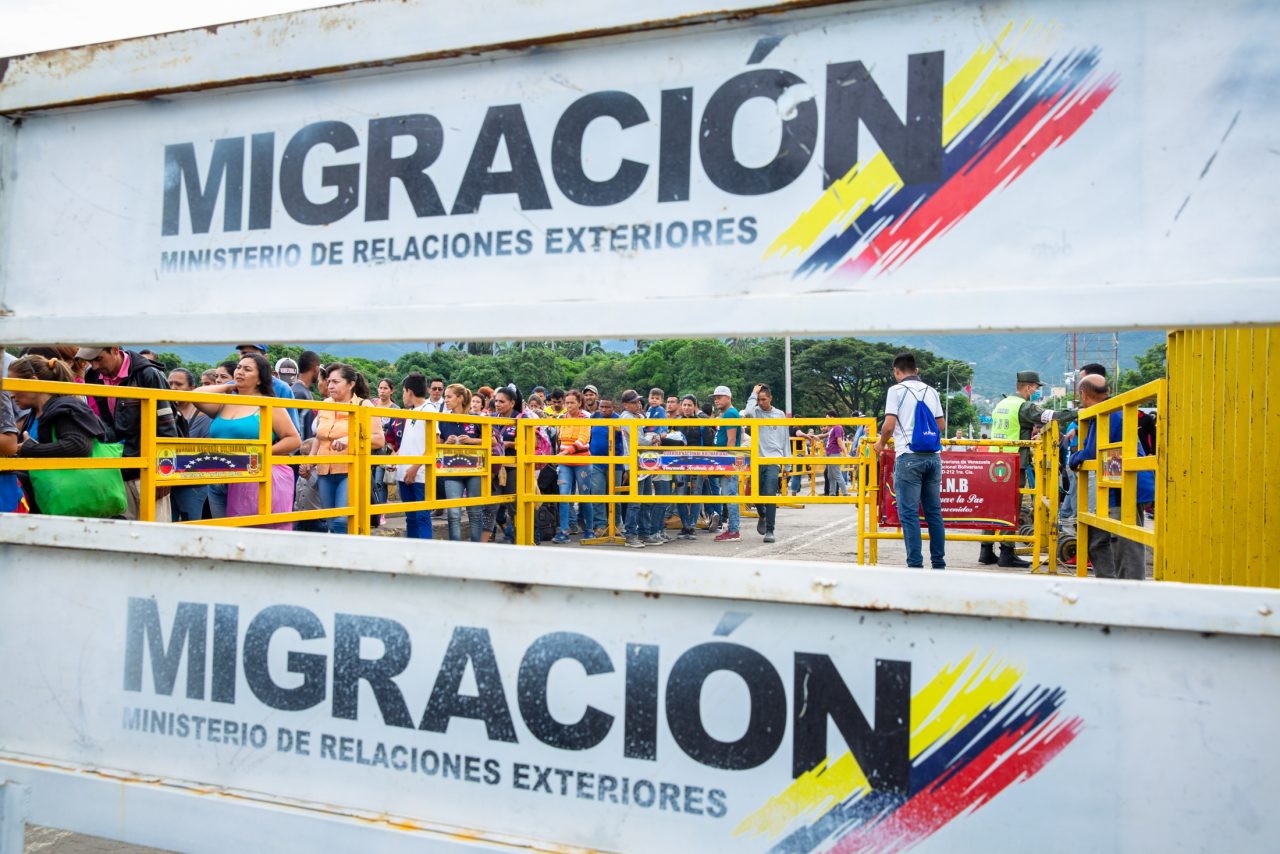
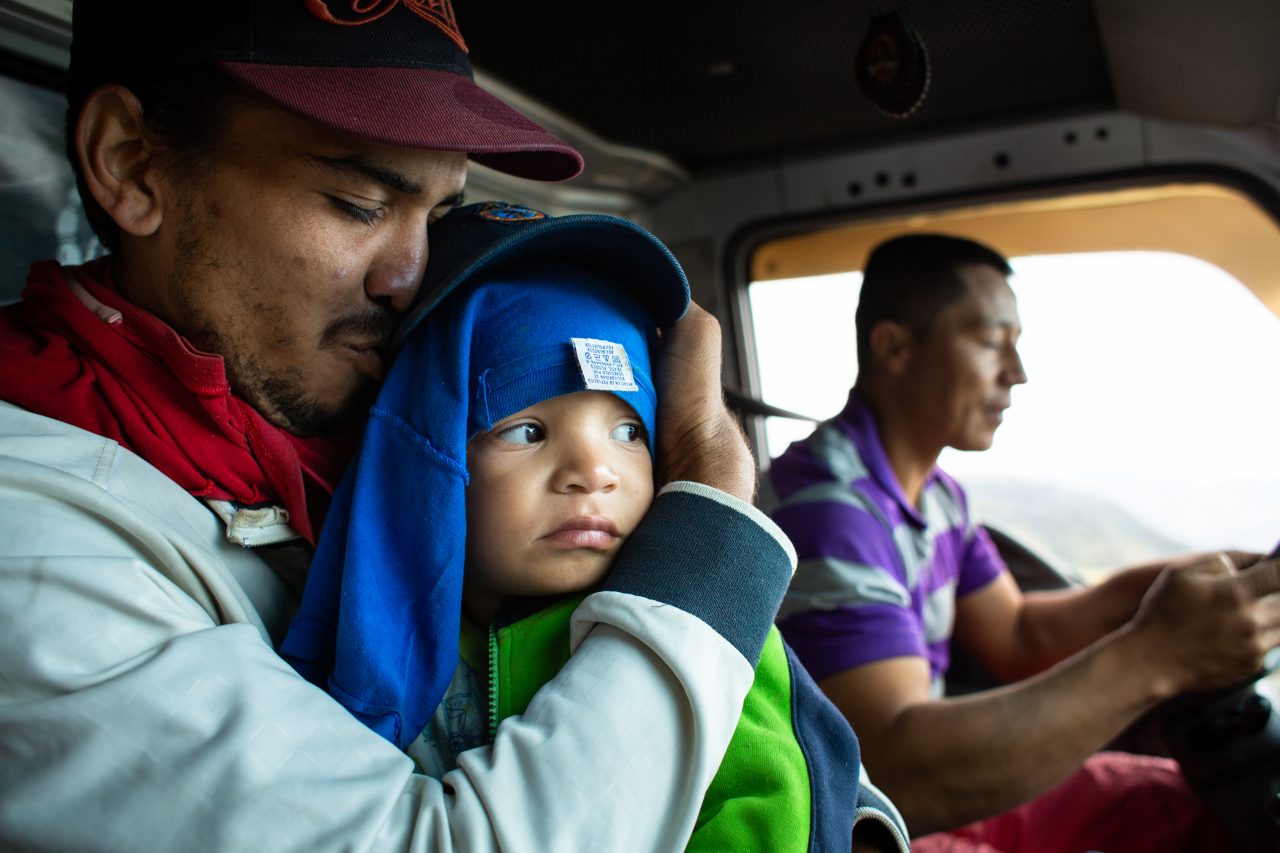
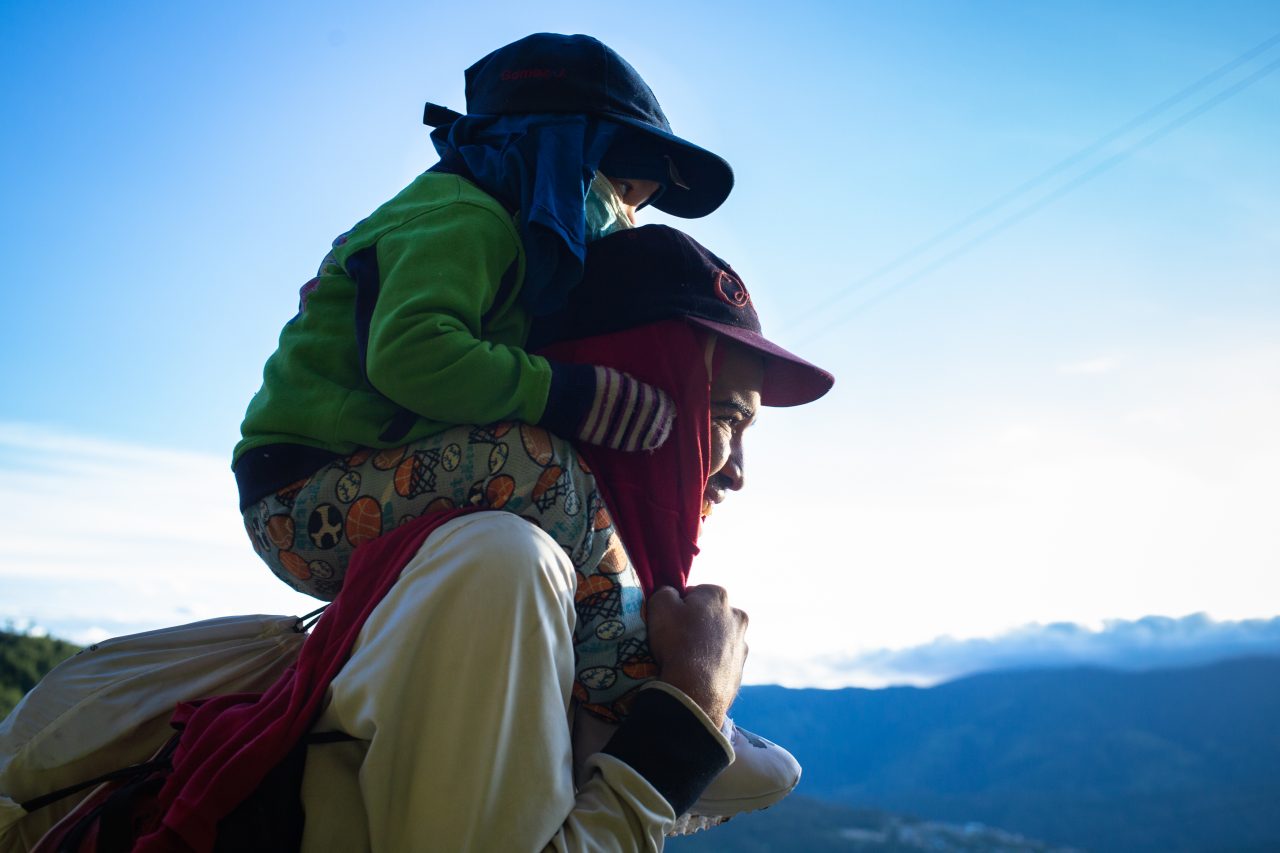






 Tech & Innovation
Tech & Innovation Climate Change
Climate Change Volunteers
Volunteers Health
Health Migration
Migration